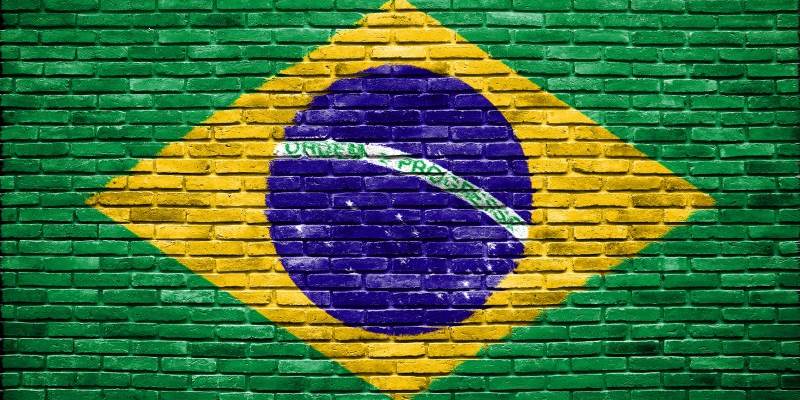Statement delivered by; Ambassador Harald Neple, Norway’s Permanent Representative to the WTO and EFTA.
Chair;
As stated in Brazil’s report, the period examined since Brazil’s last TPR in 2013 has indeed been challenging. Declining economic activity, two consecutive years of contraction of GDP, and painful rising unemployment has put strain on the economy, and not least the people, of Brazil. We welcome the expected return to growth in 2017.
The challenges Brazil has gone through could have tempted some countries to turn to inward looking policies and protectionism. We are pleased that this has not happened. Brazil has instead signaled clearly that a combination of domestic reforms and openness to trade is essential for economic recovery, growth and prosperity. But as we have heard today, challenges still remain, for instance as referred to in the World Bank Group’s Ease of Doing Business report.
Chair,
Norway appreciates Brazil’s clear signals that strengthening and supporting the multilateral trading system will remain a priority, as well as Brazil’s pragmatism and willingness to engage actively in discussions of different topics, including so-called other issues, on their own merit.
We have seen this demonstrated in practice. Brazil has taken a leading role in members’ discussions on investment facilitation, and is actively participating in negotiations on fisheries subsidies multilaterally and plurilaterally in order to implement Sustainable Development Goal 14.6 in the WTO.
In the lead-up to MC10, Brazil’s constructive input and engagement in the negotiations on agriculture contributed to achieving a positive result on export competition. We are encouraged by signals that similar efforts may be undertaken in the lead-up to MC11. We would, however, caution that a one-size-fits-all approach to a complex area such as domestic support, would be unlikely to bring results.
We call upon Brazil to consider accession to ITA I and ITA II. More affordable and predictable access to information technology can make valuable contributions to people’s lives and to business development – not least for small and medium sized enterprises. We also join others in hoping for Brazil’s accession to the GPA.
The work in the International Working Group (IWG) on export credits is important. Norway appreciates Brazil's participation in the Steering Committee of the IWG. It is crucial that competition among exporters is based on the quality and price of the offered goods and services, rather than on the most favourable financial terms and conditions.
Chair,
Counting the European Union as one trading partner, Brazil is Norway’s eighth largest source of goods imports and tenth largest destination of Norwegian goods exports. Exports of seafood accounts for almost 20 percent of Norway’s total export of goods to Brazil, but has decreased in value from 2014 to 2016. We hope that export of "bacalau" and other excellent Norwegian seafood, like shrimps and salmon, will increase in the future. The recent initiation of free trade negotiations between EFTA and Mercosur enhances the prospects for improvements in bilateral trade.
We welcome recent reforms in the offshore petroleum activities in Brazil. Increased competition within a predictable regulatory framework will strengthened the competitiveness of companies, and the productivity in the sector.
Norway commends Brazil for aligning itself with OECD’s standards, and supports Brazil’s accession to the OECD.
Chair,
I will not repeat every written question we raised ahead of today’s meeting, but mention some concerns.
In relation to exports of seafood, we welcome the new electronic system for product and label registration, which came into force in January this year. However, technical problems remain, and exporters risk being shut out of the Brazilian market. We urge Brazilian authorities to show flexibility as regards the set deadline for processing applications, and to take every step needed to avoid that the registration process becomes a technical barrier to trade.
Turning to maritime transport services, enhanced competition in coastal shipping of goods and passengers can contribute to improved services and increased productivity.
Finally, a recurring complaint by companies in Brazil is costly and burdensome administration of tax payments. We therefore asks for updates on plans to reform, simplify and unite these systems.
Chair,
We thank Brazil for its constructive approach and for its strong support for the multilateral trading system not just through words, but deeds.
Norway wishes Brazil a successful Trade Policy Reviewstatement as delivered on 17 July by Ambassador.
For more information, see the dedicated page for the TPR of Brazil on WTO’s website: https://www.wto.org/english/tratop_e/tpr_e/tp458_e.htm
